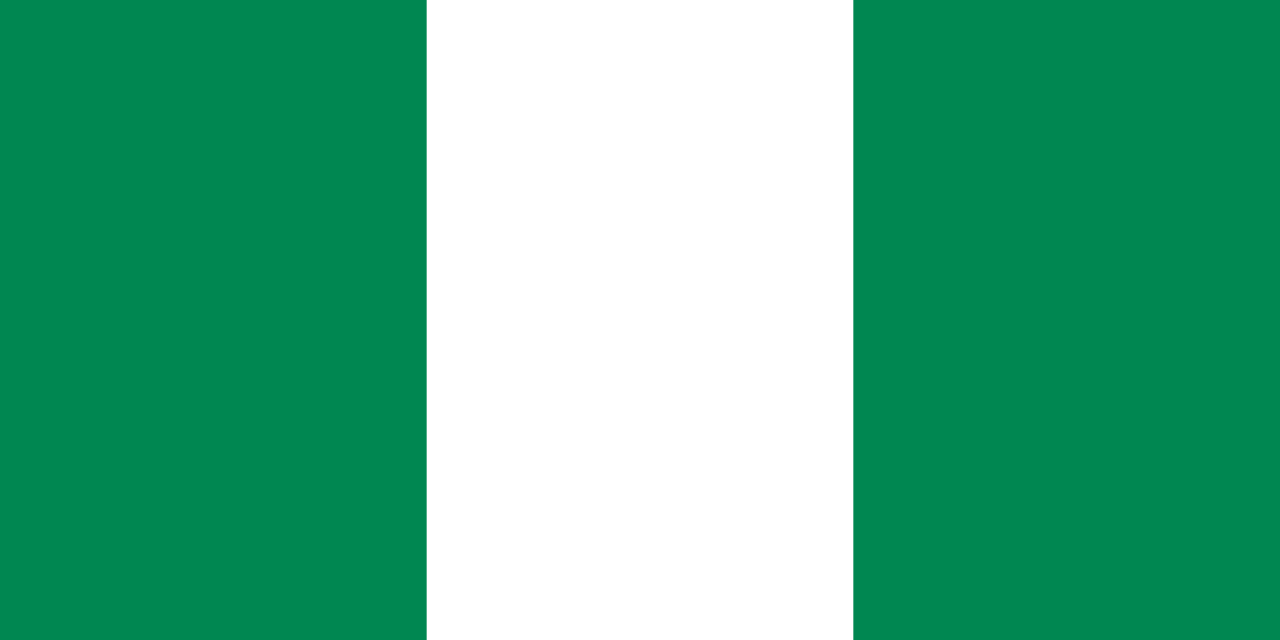
Nigeria’s Minister of Aviation, Hadi Sirika hinted in Abuja on Thursday, that the Federal Government would issue Requests-for-Proposal for the establishment of Nigeria Air next week.
After what appears to be a loss of interest in establishing the much-awaited airline, the national airline project is gathering momentum as the Nigeria Government has given a new June this year for the actualization of the dream. To this end, the government said it would open a bid next week for interested individuals and firms to come up with their bids.
Request for proposal
A request for proposal is the process of requesting the bids to evaluate the feasibility, financial health, and bidders’ abilities to undertake a specific project. The Minister said the government would issue requests for proposals to intending investors on March 8, 2022.
“The transaction adviser is going to request for proposal next week Monday. The government will own five percent, Nigerians will own 46 percent, and the international partners’ airlines will take 49 percent shares,” he said. “We will give them some weeks to respond to the request, then we will announce the winning bidder. However, in the interim, because the government intends to own only five percent of the airline shares, we are going to go ahead with the AOC (Air Operator Certificate), which has commenced since. I believe that by April, we should be able to have our AOC ready, which means, we are ready to start. And once the AOC is in our hands, the offices are secured, the interim board is being constituted, and when they finish signing the contract, we will announce who they are.”
Interim bidders
Sirika further added that the bidders are temporarily called interim board members and should take over latest by July. “Currently, they are called interim because they will hold the airline on an interim basis up to the time the investors will come and take over. They are noble people, some are Nigerians, some are not. I think there are about nine of them running the airline and they will begin operations between now and July. Within the period, Nigeria Air would run Lagos and Abuja, and as the situation demands, they may extend to Port Harcourt and other parts of the country.”
The minister added that the concession of four major international airport terminals would be completed in the second quarter.
Greenlight
In November Sirika was cleared to begin processes for the establishment of a private sector-driven national carrier which gathered momentum early last year six years after the idea was drawn up. The Nigerian government would hold a 5% stake, Nigerian entrepreneurs holding 46% while the remaining 49% will be reserved for yet to be assigned strategic equity partners, including foreign investors.
The entire cost of the project for the revival of the aviation sector including the establishment of a private sector-driven national carrier would require N27 billion. The entire project had a March 2021 timeline to be supervised by the Ministry of Aviation. There has been serious debate about the importance of having a national carrier. While some said it is a waste of taxpayers’ resources, others said it is desirable. It is a serious debate in the country.
A consortium of leasing firms
To show the seriousness of floating a national carrier, there are indications that Nigeria may have picked a consortium of Egypt Air and Ethiopian Airlines to set up an aviation leasing company as part of a government plan to overhaul the country’s aviation sector. Sirika recently explained that any airline that will operate at that level must be such that it would support the national economy with $450 Billion GDP for 200 million people and must be equipped to compete favorably.
He said: “The international airlines that have dominated Africa, 80 percent of those airlines are non-African. In view of the AU Agenda 2063, the Single African Aviation Market, we thought that there will be an airline that will take up that challenge; that will take advantage of it and be able to provide services to our people.”
Majority ownership
The government plan is to ensure that majority ownership must be Nigerian so that the airline would benefit from the Bilateral Air Services Agreement (BASA) and other bilateral agreements which require local beneficial ownership as a condition precedent. Signed acceptance and approval of the management concession agreement will be a condition for an IPO.
Start-up capital
$8m represents startup capital for offices required for takeoff. But $300m is the entire airline funding requirements (aircraft, operations, and working capital) for three years. This funding will be in the form of equity or debt.
The country has been trying to float an airline since 2018 and many adjustments have been made to plans that never materialized until the government gave the Minister the all-clear to set up the airline at the Federal Executive Council meeting in November which made the Minister set April 2022 for the take-off date and now June/July.
The original financial model estimates cash flow requirements were as follows 2018 ($55m – $8 million is included here), 2019 ($100m), and 2020 ($145m). In order to ensure the airline’s start, the government would provide $55 Million upfront in grant/viability gap funding to finance startup capital and pay commitment fees for aircraft to be leased for initial operations and deposits for new aircraft whose delivery begins in April 2022.




